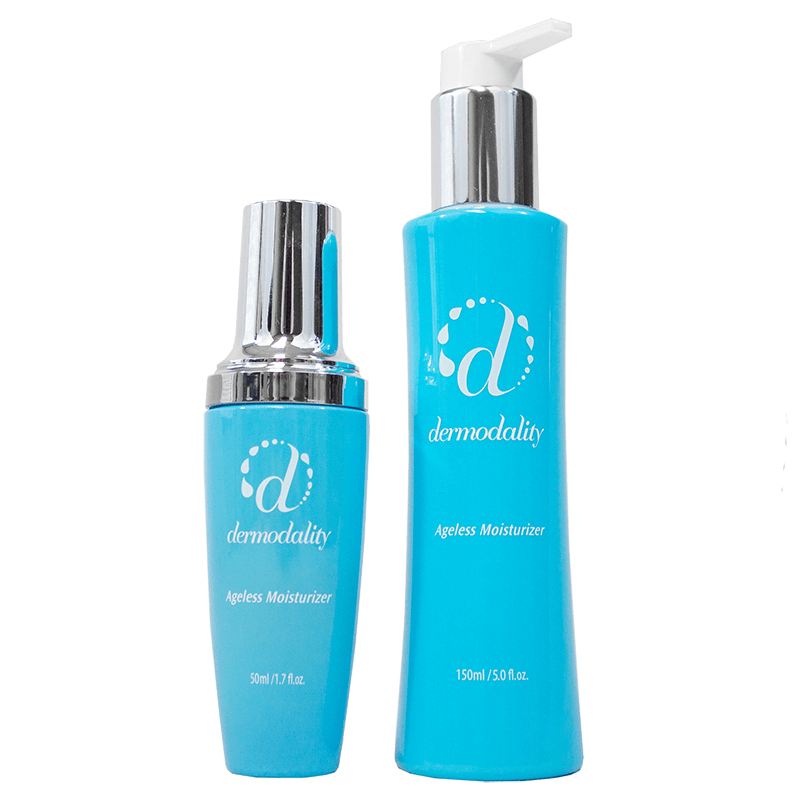In today's beauty market, the quest for the perfect moisturizer is a journey many embark on. With the plethora of options available, understanding what works best for your skin type can be overwhelming. This article will delve deep into the world of moisturizers, presenting findings from a recent survey that highlights consumer preferences and expert recommendations. We aim to provide you with valuable insights to help you make informed decisions about your skincare routine.
The skincare industry has seen a significant shift in consumer behavior, especially concerning moisturizers. Many individuals are now more aware of their skin's specific needs, leading to a demand for targeted products. Through this article, you will discover the nuances of different types of moisturizers, their ingredients, and how they can benefit various skin types.
By the end of this article, not only will you grasp the importance of choosing the right moisturizer, but you will also learn about the latest trends in the skincare industry based on comprehensive survey results. Let's dive into the details and explore what the survey revealed about moisturizers!
Table of Contents
- 1. Understanding Moisturizers
- 2. Survey Overview
- 3. Types of Moisturizers
- 4. Key Ingredients to Look For
- 5. Consumer Preferences
- 6. Expert Recommendations
- 7. Common Myths About Moisturizers
- 8. Conclusion and Call to Action
1. Understanding Moisturizers
Moisturizers play a crucial role in skincare, acting as a barrier that helps to retain moisture in the skin. They are designed to hydrate, nourish, and protect the skin from environmental factors. Understanding how moisturizers work can help you choose the right product for your skin type.
There are generally three main types of moisturizers:
- Humectants: Attract moisture from the environment into the skin.
- Emollients: Fill in the gaps between skin cells, making the skin feel smooth.
- Occlusives: Create a barrier on the skin to prevent moisture loss.
2. Survey Overview
The survey conducted in 2023 aimed to gather insights from a diverse group of skincare enthusiasts regarding their moisturizer usage, preferences, and concerns. The survey reached over 1,000 participants, providing a comprehensive understanding of current trends.
Key aspects of the survey included:
- Frequency of moisturizer use.
- Preferred types of moisturizers.
- Concerns regarding skin health.
- Influence of ingredients on purchasing decisions.
3. Types of Moisturizers
Moisturizers can be classified into several categories based on their formulation and intended use. Understanding these categories can help consumers make informed choices.
3.1 Creams
Cream moisturizers are thicker and provide a higher level of hydration, making them ideal for dry skin.
3.2 Lotions
Lotion moisturizers are lighter and more easily absorbed, suitable for normal to combination skin.
3.3 Gels
Gel moisturizers are water-based and are perfect for oily or acne-prone skin types.
4. Key Ingredients to Look For
When selecting a moisturizer, the ingredient list is crucial. Certain ingredients can significantly enhance the effectiveness of a moisturizer.
- Hyaluronic Acid: A powerful humectant that can hold up to 1,000 times its weight in water.
- Glycerin: Another effective humectant that draws moisture into the skin.
- Shea Butter: An excellent emollient that provides long-lasting hydration.
- Niacinamide: Known for its anti-inflammatory properties, it helps improve skin texture.
5. Consumer Preferences
The survey revealed fascinating insights into consumer preferences regarding moisturizers. Key findings included:
- 70% of respondents preferred cream-based moisturizers for their hydrating properties.
- 60% considered fragrance-free options to be more appealing due to sensitivity concerns.
- 50% of participants actively look for natural ingredients in their skincare products.
6. Expert Recommendations
Skincare experts recommend choosing moisturizers based on individual skin types. Here are some recommendations:
6.1 For Dry Skin
Opt for thicker creams with occlusive ingredients to lock in moisture.
6.2 For Oily Skin
Lightweight gel-based moisturizers that hydrate without clogging pores are ideal.
6.3 For Sensitive Skin
Fragrance-free and hypoallergenic products are recommended to avoid irritation.
7. Common Myths About Moisturizers
Despite the wealth of information available, several myths about moisturizers persist. Here are a few common misconceptions:
- Myth: Oily skin doesn't need moisturizer.
- Myth: All moisturizers are the same.
- Myth: You only need to moisturize in winter.
8. Conclusion and Call to Action
In conclusion, choosing the right moisturizer is essential for maintaining healthy skin. The insights from the survey highlight the importance of understanding your skin type and preferences in order to select the most suitable products.
We encourage readers to share their experiences with moisturizers in the comments section below and explore other articles on our site to enhance their skincare knowledge!
Thank you for reading, and we hope this article has provided valuable information on the world of moisturizers!
You Might Also Like
Understanding The Different Types Of Childhood EpilepsyGerman Anthems: A Deep Dive Into History, Culture, And Significance
Understanding The Major Muscles Of The Elbow: A Comprehensive Guide
Cheapest Place To Fly In Caribbean: Your Ultimate Guide To Affordable Travel
Manscaping Shavers: The Ultimate Guide For Every Man
Article Recommendations
- Harvard Rejection
- Enoch In Spanish
- Rail City Casino Sparks
- Fax Vs Mail
- Blue Hanfu
- What Number Was Tony Dorsett
- Best Compression Socks For Swelling
- Grab Waist
- Best Indoor Plants For Asthma Uk
- Gas For Stihl Weed Eater


